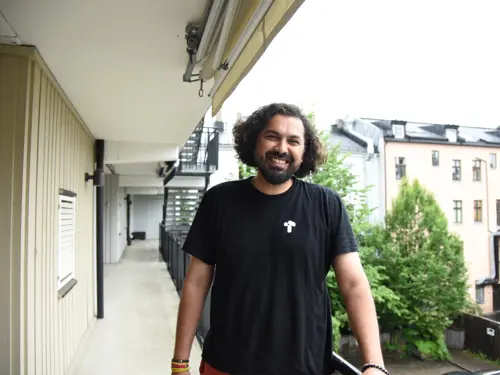
Working in Norway
Multicultural Meetings: Do you speak up?
As children, we’re often to taught to use our words, speak our minds. At the same time, we’re taught to be polite and not interrupt others when they’re speaking. This can be confusing for us as adults, especially in the world of work. Especially at meetings, even more so at multicultural meetings. Even more so …
As children, we’re often to taught to use our words, speak our minds.
At the same time, we’re taught to be polite and not interrupt others when they’re speaking.
This can be confusing for us as adults, especially in the world of work.
Especially at meetings, even more so at multicultural meetings.
Even more so when those present have English as their second language.
Maybe someone at the meeting grew up in a culture where speaking up is encouraged.
Or another from one where interrupting someone else is incredibly impolite.
Maybe someone’s English skills are much higher than someone else’s.
So the one leads, and the other follows while they sit around the table.
But this isn’t good communication, is it?
We talked about this all too common situation last week at a course I was giving on the topic.
What to do?
Suggestions were made, most discarded until it was decided that the polite participant/less skilled speaker just had to accept that they would have to take on the responsibility for getting their voice heard, or risk feeling resentful once again that they’d be verbally run over.
How to do it?
Find your moment – when someone pauses for breath? – interrupt, and next, just use the phrase ‘I’m sorry’ at the start whenever you do this, followed by the point you want to get across (and don’t let what you see as their better English skills stop you).
So: ‘I’m sorry, I really disagree with that last point.’…’I’m sorry, what did you mean by saying…’…
‘I’m sorry, but I see the situation very differently…’
This short phrase can be difficult for some second-language speakers – because, as they say, they’re not really sorry, so why should they say they are?
Well, sometimes you’ve got to give a little to get a lot, right?
A lot in this case meaning a voice, your own voice, literally speaking up and in a larger sense showing the others present that you have something of value to contribute as well – it’s not just up to those people who have always found it easy – as children or adults – to make their own voices heard.
Speak up, speak out, speak at…your next meeting in the multicultural workplace.



